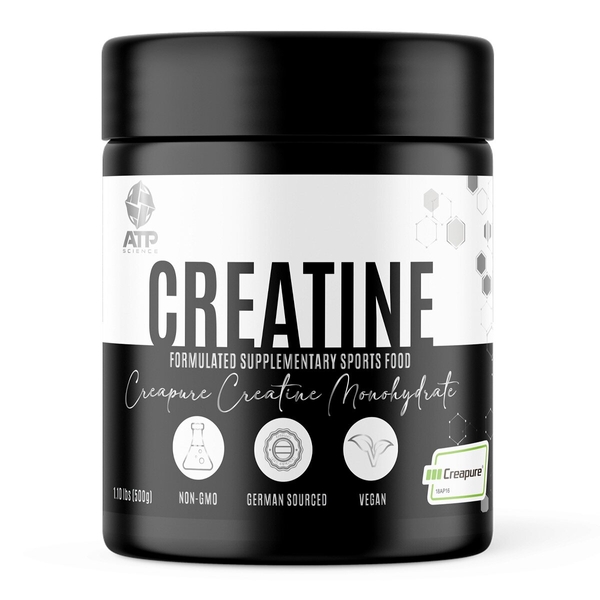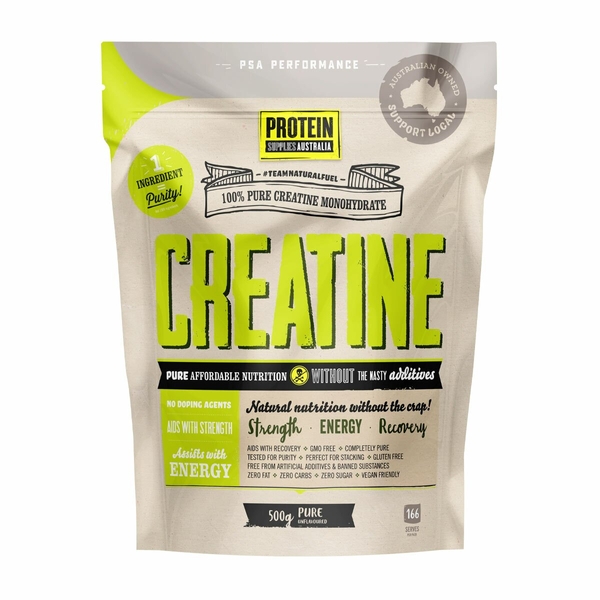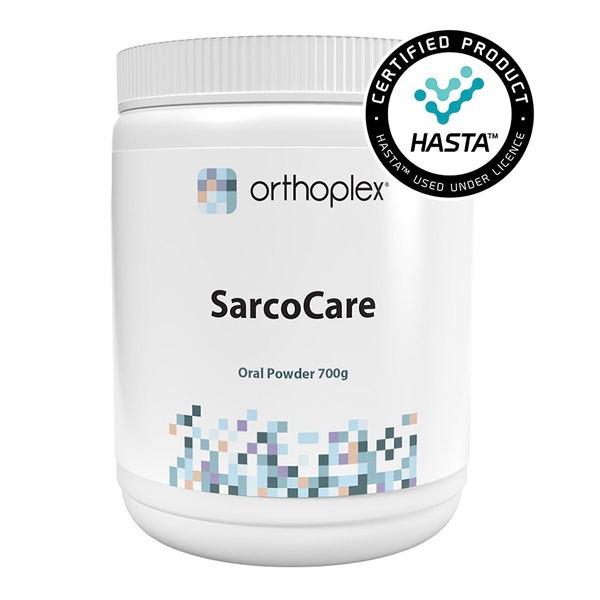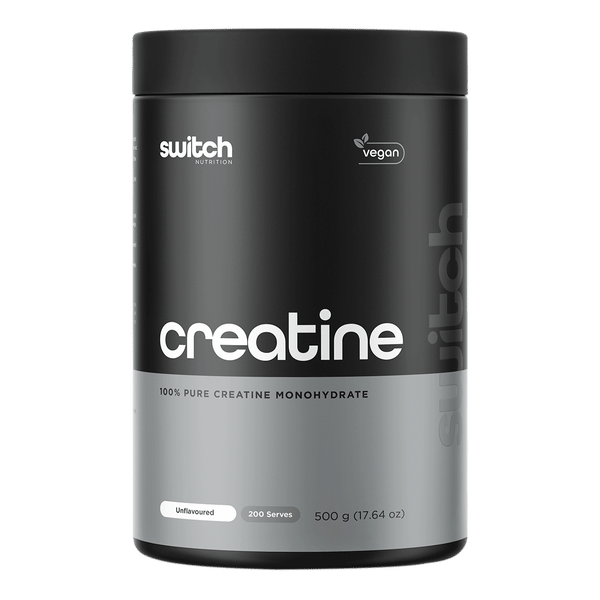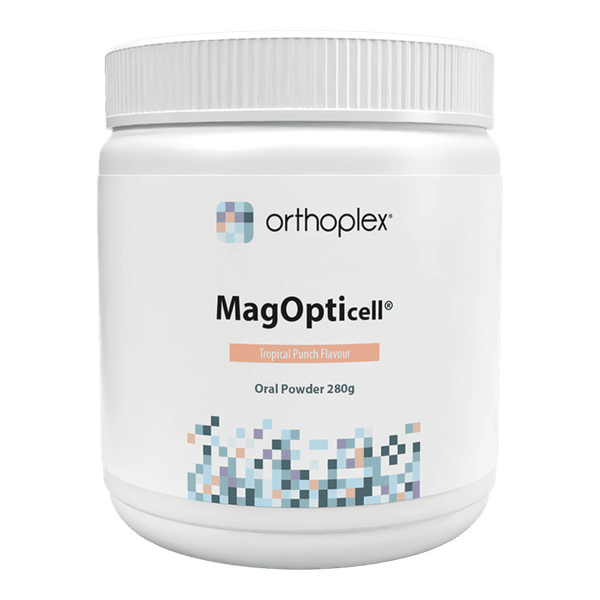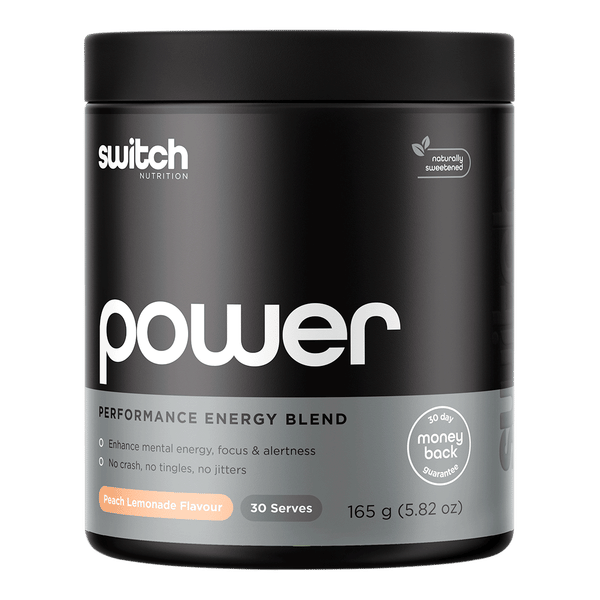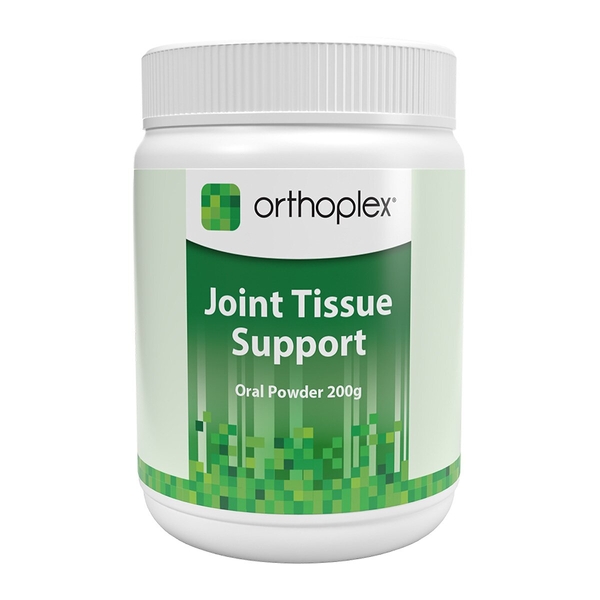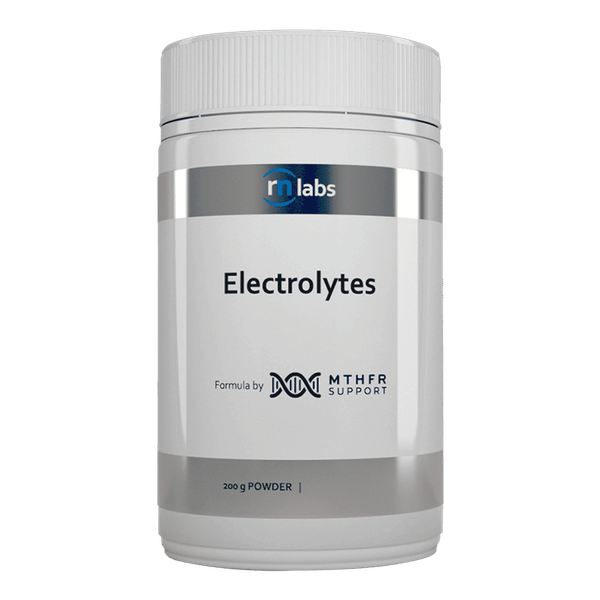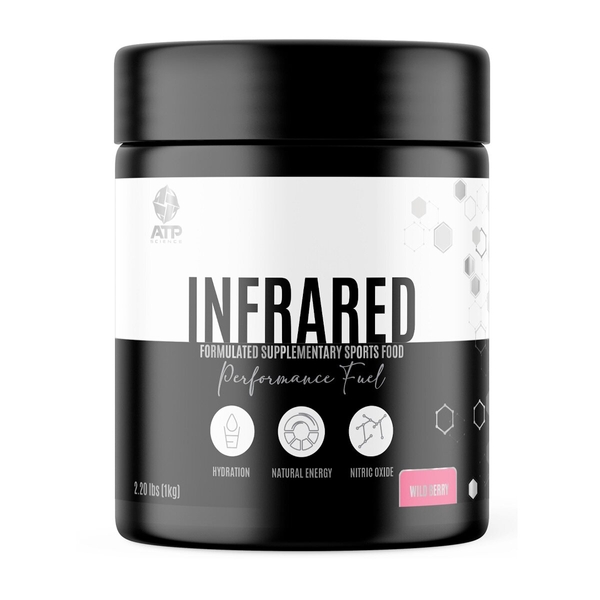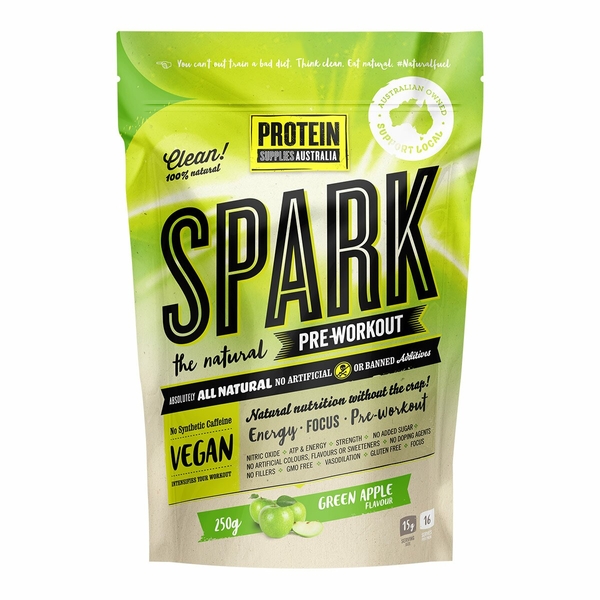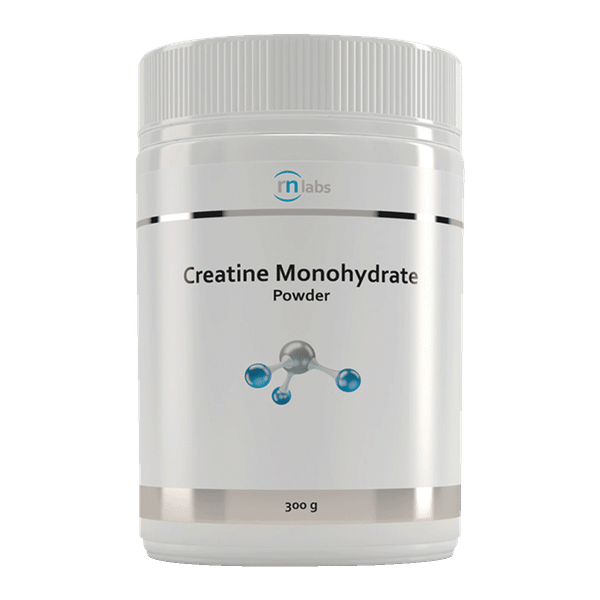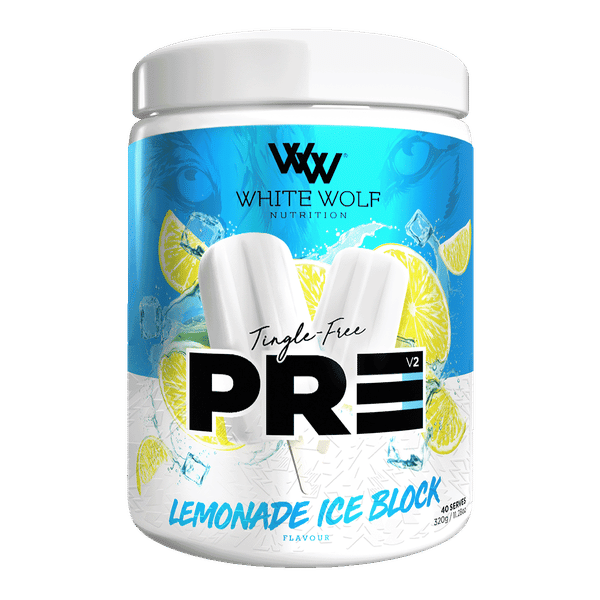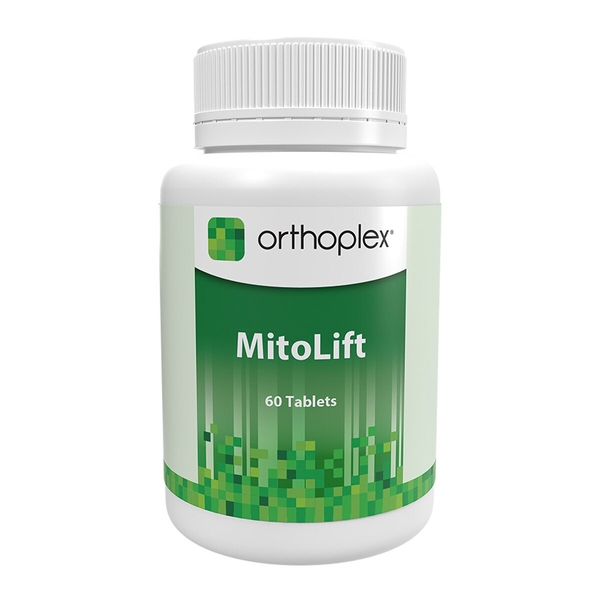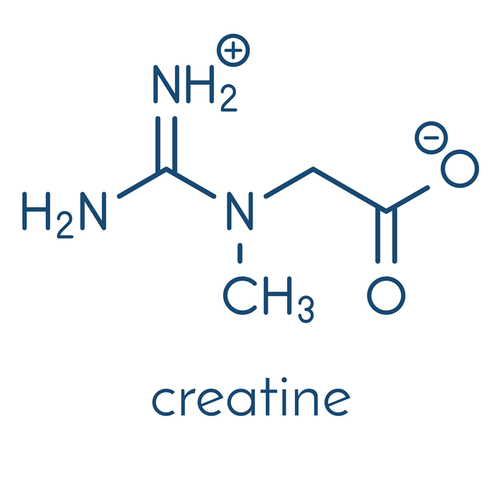
Creatine
Scientific names: 2-[carbamimidoyl(methyl)amino]acetic acid
Alternate names: Cr, Creatin, Creatina, Créatine, Créatine Anhydre, Creatine Anhydrous, Creatine Citrate, Créatine Citrate, Creatine Ethyl Ester, Créatine Ethyl Ester, Creatine Ethyl Ester HCl, Créatine Ethyl Ester HCl, Creatine Gluconate, Creatine Hydrochloride, Créatine Kré Alkaline, Creatine Malate, Créatine Malate, Creatine Monohydrate, Créatine Monohydrate, Créatine Monohydratée, Creatine Pyroglutamate, Créatine Pyroglutamate, Creatine Pyruvate, Créatine Pyruvate, Dicreatine Malate, Dicréatine Malate, Di-Creatine Malate, Éthyle Ester de Créatine, Glycine, Kreatin, Methylguanidine Acetic Acid, N-(aminoiminométhyl)-N-Méthyl, N-(aminoiminomethyl)-N methyl glycine, N-amidinosarcosine, Kre-Alkalyn Pyruvate, Malate de Tricréatine, C, Phosphocreatine, Phosphocréatine, Tricreatine HCA, Tricréatine HCA, Tricreatine Malate, Tricréatine Malate
Actions: Antidiabetes, Antiepileptic, Antineoplastic, Antioxidant, Athletic performance enhancement, Body mass, Bone density, Cardiovascular, Hyperornithemia effect, Multiple sclerosis, Neuroprotective, Neuromuscular disorder, Strength-enhancing
Background
Creatine is a chemical found naturally in the body. It's also in red meat and seafood. It is often used to improve exercise performance and muscle mass.
Creatine is involved in making energy for muscles. About 95% of it is found in skeletal muscle. The majority of sports supplements in the US contain creatine. People who have lower creatine levels when they start taking creatine seem to get more benefit than people who start with higher levels.
People commonly use creatine for improving exercise performance and increasing muscle mass. It is also used for muscle cramps, fatigue, multiple sclerosis (MS), depression, and many other conditions, but there is no good scientific evidence to support most of these uses.
Creatine use is allowed by the International Olympic Committee and National Collegiate Athletic Association (NCAA).
Creatine is involved in making energy for muscles. About 95% of it is found in skeletal muscle. The majority of sports supplements in the US contain creatine. People who have lower creatine levels when they start taking creatine seem to get more benefit than people who start with higher levels.
People commonly use creatine for improving exercise performance and increasing muscle mass. It is also used for muscle cramps, fatigue, multiple sclerosis (MS), depression, and many other conditions, but there is no good scientific evidence to support most of these uses.
Creatine use is allowed by the International Olympic Committee and National Collegiate Athletic Association (NCAA).
Safety Safety definitions
When taken by mouth: Creatine is likely safe for most people. Doses up to 25 grams daily for up to 14 days have been safely used. Lower doses up to 4-5 grams daily for up to 18 months have also been safely used. Creatine is possibly safe when taken long-term. Doses up to 10 grams daily for up to 5 years have been safely used. Side effects might include dehydration, upset stomach, and muscle cramps.
When applied to the skin: There isn't enough reliable information to know if creatine is safe. It might cause side effects such as redness and itching.
Children: Creatine is possibly safe when taken by mouth, short-term. Creatine 3-5 grams daily for 2-6 months has been taken safely in children 5-18 years of age. Creatine 2 grams daily for 6 months has been taken safely in children 2-5 years of age. Creatine 0.1-0.4 grams/kg daily for up to 6 months has been taken safely in both infants and children.
Bipolar disorder: Creatine might make mania worse in people with bipolar disorder.
Kidney disease: Creatine might make kidney disease worse in people who already have kidney disease. If you have kidney disease, speak with a healthcare professional before using creatine.
Parkinson disease: Caffeine and creatine taken together may make symptoms of Parkinson disease worse. If you have Parkinson disease and take creatine, use caffeine with caution.
When applied to the skin: There isn't enough reliable information to know if creatine is safe. It might cause side effects such as redness and itching.
Special Precautions & Warnings:
Pregnancy and breast-feeding: There isn't enough reliable information to know if creatine is safe to use when pregnant or breast feeding. Stay on the safe side and avoid use.Children: Creatine is possibly safe when taken by mouth, short-term. Creatine 3-5 grams daily for 2-6 months has been taken safely in children 5-18 years of age. Creatine 2 grams daily for 6 months has been taken safely in children 2-5 years of age. Creatine 0.1-0.4 grams/kg daily for up to 6 months has been taken safely in both infants and children.
Bipolar disorder: Creatine might make mania worse in people with bipolar disorder.
Kidney disease: Creatine might make kidney disease worse in people who already have kidney disease. If you have kidney disease, speak with a healthcare professional before using creatine.
Parkinson disease: Caffeine and creatine taken together may make symptoms of Parkinson disease worse. If you have Parkinson disease and take creatine, use caffeine with caution.
Effectiveness
NatMed Pro rates effectiveness based on scientific evidence according to the following scale: Effective, Likely Effective, Possibly Effective, Possibly Ineffective, Likely Ineffective, Ineffective, and Insufficient Evidence to Rate.
Possibly effective Effectiveness definitions
- Athletic performance. Taking creatine by mouth seems to somewhat improve rowing, jumping, and soccer performance. It's not clear if it helps with sprinting, cycling, swimming, or tennis.
- Disorders of creatine metabolism or transport. Taking creatine by mouth daily can increase creatine levels in the brain in children and young adults with conditions called GAMT deficiency or AGAT deficiency. But taking creatine doesn't seem to improve brain creatine levels in children who have a disorder in which creatine isn't transported properly.
- Muscle strength. Taking creatine by mouth seems to somewhat improve muscle strength in both younger and older adults. It's not clear if applying creatine to the skin helps.
- Age-related muscle loss (sarcopenia). Taking creatine by mouth for up to 12 weeks seems to improve muscle strength in older adults. It seems to work best when used along with exercise to build muscles.
Possibly ineffective Effectiveness definitions
- Lou Gehrig disease (amyotrophic lateral sclerosis or ALS). Taking creatine by mouth does not seem to slow disease progression or improve survival in people with ALS.
- An inherited brain disorder that affects movements, emotions, and thinking (Huntington disease). Taking creatine by mouth does not improve symptoms in people with Huntington disease.
- Low bone mass (osteopenia). Taking creatine by mouth doesn't seem to slow or reduce bone loss in people with osteopenia.
Dosing & administration
Creatine is found in foods such as meat and seafood. Creatine is also found in many different types of sports supplements. In supplements, creatine has most often been used by adults in a one-time loading dose of up to 20 grams by mouth daily for up to 7 days, followed by a maintenance dose of 2.25-10 grams daily for up to 16 weeks. Speak with a healthcare provider to find out what type of product and dose might be best for a specific condition.
Creatine is allowed by the International Olympic Committee and National Collegiate Athletic Association (NCAA).
Creatine is allowed by the International Olympic Committee and National Collegiate Athletic Association (NCAA).
Interactions with pharmaceuticals
It is not known if Creatine interacts with any medicines. Before taking Creatine, talk with your healthcare professional if you take any medications.
Interactions with herbs & supplements
Caffeine: Caffeine might decrease creatine's beneficial effects on athletic performance.
Interactions with foods
There are no known interactions with foods.
Products
View all productsPer 26 g (Chocolate):
Practitioner product
RRP: $59.95$53.96Save: 10%
Create account
Per 7g:
- Creatine monohydrate 1 g
- Total Magnesium 310 mg
- Magnesium amino acid chelate 1.06 g equiv. magnesium 150 mg
- Magnesium citrate nonahydrate 841.4 mg equiv. magnesium 100 mg
- Magnesium orotate dihydrate 455 mg equiv. magnesium 30 mg
- Magnesium phosphate pentahydrate 145.32 mg equiv. magnesium 30 mg
- Chromium nicotinate 400 μg equiv. chromium 50 μg
- Zinc amino acid chelate 25 mg equiv. zinc 5 mg
- Manganese amino acid chelate 10 mg equiv. manganese 1 mg
- Thiamine hydrochloride (Vitamin B1) 30.2 mg equiv. thiamine 26.9 mg
- Pyridoxal 5-phosphate (P5P) 10.7 mg equiv. pyridoxine 6.8 mg
- Nicotinamide (Vitamin B3) 50.1 mg
- Riboflavin 5-phosphate sodium (Activated B2) 12 mg
- Selenomethionine 63 μg equiv. selenium 25.2 μg
- Taurine 500 mg
- L-glutamine 500 mg
- Calcium pantothenate (Vitamin B5) 164 mg equiv. pantothenic acid 150 mg
- Calcium folinate (Activated folate) 540 μg equiv. folinic acid 500 μg
- Cyanocobalamin (Vitamin B12) 400 μg
- Ascorbic acid (Vitamin C) 200 mg
- Levocarnitine (L-carnitine) 500 mg
- Potassium citrate 276.57 mg equiv. potassium 100 mg
Practitioner product
Per 5.5 g (Peach Lemonade):
- Creatine hydrochloride 750 mg
- Coffea arabica
- Theobroma cacao 50 mg
- Camellia sinensis 150 mg
- Pisum sativum 200 mg
- Niacinamide (Vitamin B3)
- Hordeum vulgare powder 15 mg
- Pyridoxal 5-phosphate (P5P)
- Methylcobalamin (Activated B12)
- Ascorbic acid (Vitamin C) 40 mg
- Orthosilicic acid (Silica)
- Flavour
- Folate 200 µg
- Glycerol monostearate (GMS) 1.5 g
- Stevia rebaubiana
- Alpinia galanga 150 mg
RRP: $59.95$53.96Save: 10%
Create account
Per 7.2 g (Fruit Punch):
- Creatine monohydrate 600 mg
- Sodium chondroitin sulphate (bovine) 120 mg equiv. chondroitin sulphate 108 mg
- L-leucine 240 mg
- L-valine 240 mg
- L-glycine 1.75 g
- Glucosamine hydrochloride 600 mg equiv. glucosamine 498 mg
- Glucosamine sulphate potassium chloride 600 mg equiv. potassium 155 mg equiv. glucosamine 354.7 mg
- Lysine hydrochloride 720 mg
- Ascorbic acid (Vitamin C) 600 mg
- Citrus bioflavonoids extract 396 mg
- Calcium pantothenate (Vitamin B5) 36 mg equiv. pantothenic acid 33 mg
- Zinc amino acid chelate 30 mg equiv. zinc 6 mg
- Copper gluconate 4.6 mg equiv. copper 600 µg
- Selenomethionine 130 µg equiv. selenium 52.2 µg
- Borax 19.4 mg equiv. boron 2.23 mg
Practitioner product
Per 4.5 g:
Practitioner product
Per 36 g (Wild Berry):
- Creatinol-O-Phosphate (Creatine)
- Magnesium aspartate
- Sodium citrate
- Potassium aspartate
- Calcium citrate
- Glucose monohydrate (Dextrose)
- Maltodextrin
- Rice amylopectin
- Beta vulgaris powder
- Citrulline malate amino acid (L-Citrulline)
- Beta alanine
- Silicon dioxide
- Honey (powder)
- Raspberry flavour
- Malic acid
- Schisandra chinensis (berry) ext.
- Trimethylglycine (TMG)
- Stevia rebaubiana
RRP: $79.95$71.95Save: 10%
Create account
RRP: $44.95$37.30Save: 17%
Create account
Per 8 g (Lemonade Ice Block):
- Creatine monohydrate 1.5 g
- Guanidinoacetic Acid (GAA) (Creatine) 500 mg
- Caffeine 150 mg
- Betaine hydrochloride 1 g
- Natural flavours
- Stevia rebaubiana
- Citrulline malate amino acid (L-Citrulline) 3 g
- L-theanine 125 mg
- L-tyrosine 500 mg
- L-alpha-glycerylphosphorylcholine (Alpha-GPC) 150 mg
- Huperzia serrata equiv. huperzine A 2.5 mg
- Silicon dioxide
- Citric acid anhydrous
RRP: $74.99$65.99Save: 12%
Create account
Per tablet:
- Creatine monohydrate 100 mg
- R-alpha lipoic acid 50 mg
- Ubidecarenone (Coenzyme Q10) 50 mg
- d-alpha-Tocopheryl acid succinate 10 mg equiv. vitamin E 12.1 IU
- Acetyl levocarnitine hydrochloride (Acetyl-L-carnitine) 50 mg
- L-cysteine 50 mg
- Magnesium orotate dihydrate 100 mg equiv. magnesium 6.56 mg
- Thiamine hydrochloride (Vitamin B1) 15 mg equiv. thiamine 13.4 mg
- Riboflavin 5-phosphate sodium (Activated B2) 20 mg equiv. riboflavin 14.6 mg
- Nicotinamide (Vitamin B3) 50 mg
- Pyridoxal 5-phosphate (P5P) 7.3 mg equiv. pyridoxine 5 mg
- Calcium folinate (Activated folate) 432 μg equiv. folinic acid 400 μg
- Cyanocobalamin (Vitamin B12) 400 μg
- Biotin 1.5 μg
- Zinc citrate dihydrate 15.6 mg equiv. zinc 5 mg
- Phytomenadione (Vitamin K1) 50 μg
Discontinued by Orthoplex Green
Practitioner product
vital.ly has licensed monographs from TRC Healthcare.
This monograph was last reviewed on 03/10/2024 10:00:00 and last updated on 29/12/2020 03:26:21. Monographs are reviewed and/or updated multiple times per month and at least once per year.
Natural Medicines disclaims any responsibility related to medical consequences of using any medical product. Effort is made to ensure that the information contained in this monograph is accurate at the time it was published. Consumers and medical professionals who consult this monograph are cautioned that any medical or product related decision is the sole responsibility of the consumer and/or the health care professional. A legal License Agreement sets limitations on downloading, storing, or printing content from this Database. No reproduction of this monograph or any content from this Database is permitted without written permission from the publisher. It is unlawful to download, store, or distribute content from this site.

